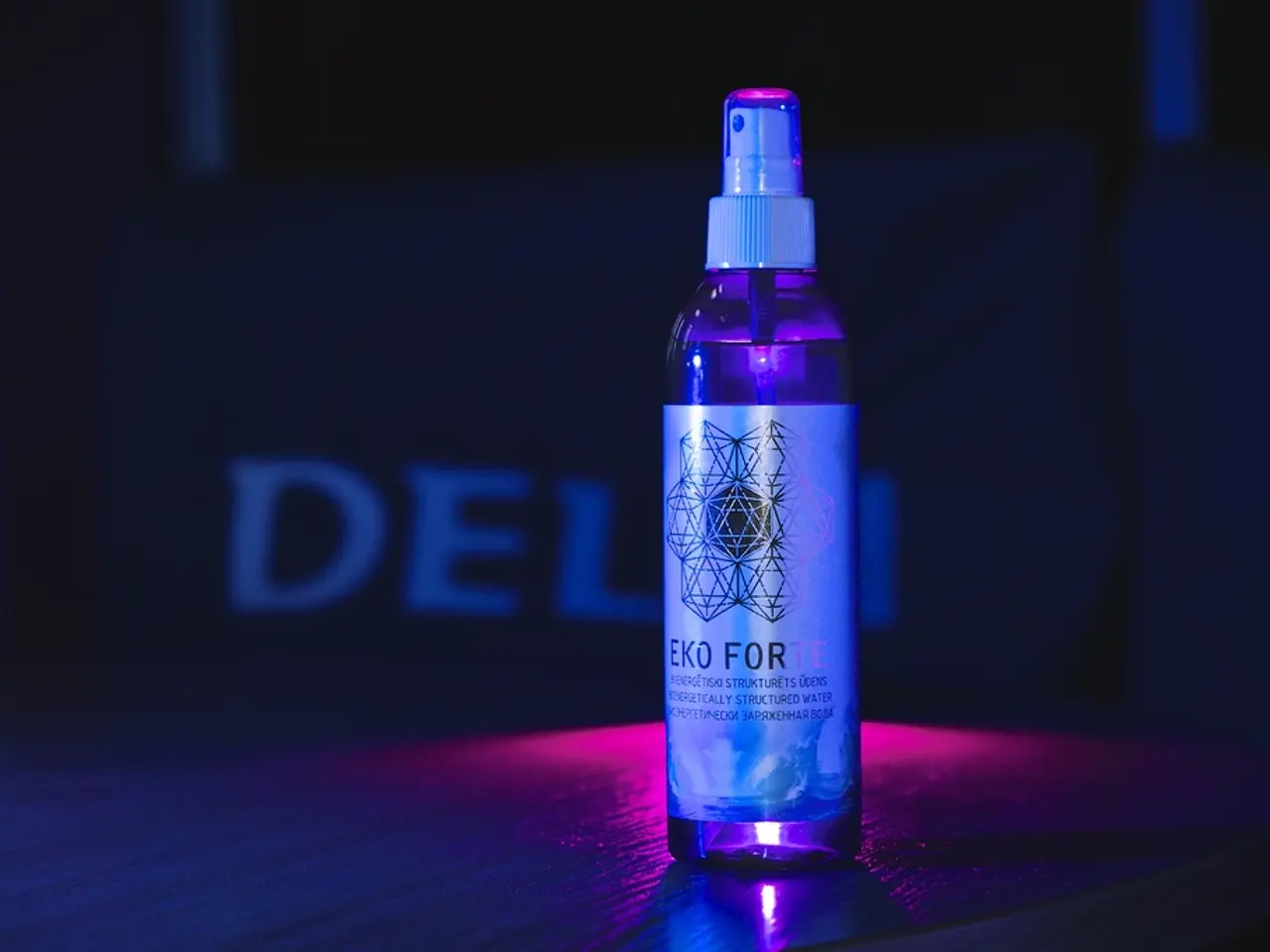Cost Breakdown of Ketamine Therapy for Depression: Insights into Pricing and Treatment Variations
In the ongoing quest for effective treatment options for depression, ketamine therapy has emerged as a promising approach, particularly for treatment-resistant cases. However, understanding the cost implications of this treatment is crucial for individuals considering it.
The cost of ketamine therapy varies significantly, with several factors influencing the final price. According to recent data from 2025, the average cost of ketamine infusions in Pennsylvania is approximately $612 per session, while in Phoenix, a guided ketamine therapy session typically costs $775. Esketamine nasal spray, an FDA-approved option, is often covered by insurance, reducing out-of-pocket costs substantially.
Factors such as the type of ketamine therapy, the number of sessions needed, the provider's pricing, location, insurance coverage, and additional services offered can all impact the overall cost. For instance, IV infusions tend to be more expensive than nasal spray or oral forms, and patients typically require 3 to 6 infusions to see significant improvement.
When comparing ketamine therapy to other depression treatments, IV ketamine infusions can cost between $400 and $800 per infusion, with a full course of treatment (typically 6 sessions) costing between $2,400 and $4,800. Esketamine nasal spray, while pricier, is often covered by insurance, with total annual costs potentially exceeding $12,000. Traditional antidepressants, while generally less expensive upfront, may require ongoing use, and their treatment response may take weeks or months.
It's important to note that while ketamine therapy may seem more expensive initially, it could potentially reduce the need for ongoing medication, therapy, or hospitalizations related to depression in the long term. Additionally, studies suggest that treatments like esketamine nasal spray can offer better clinical outcomes, potentially justifying the higher cost when factoring in improved quality of life and reduced healthcare utilization.
In conclusion, ketamine therapy costs average around $600–$775 per session, with multiple sessions generally required. Pricing is influenced by therapy type, session number, location, provider, and insurance status. As research and acceptance of ketamine therapy continue to grow, there's potential for increased insurance coverage and improvements in accessibility and affordability in the future.
For those considering ketamine therapy, it's essential to explore all available options and resources to make informed decisions about their mental health care. Consulting with healthcare providers and understanding the specifics of one's situation can help individuals make the best choices for their wellbeing.
- Mental health care options have expanded to include ketamine therapy, a promising approach for treatment-resistant depression cases, although the cost implications are significant.
- In Pennsylvania, the average cost of ketamine infusions is roughly $612 per session, while in Phoenix, a guided ketamine therapy session typically costs $775.
- Esketamine nasal spray, an FDA-approved option, is often covered by insurance, reducing out-of-pocket costs substantially.
- Factors such as the type of ketamine therapy, the number of sessions needed, the provider's pricing, location, insurance coverage, and additional services offered can all impact the overall cost.
- IV infusions tend to be more expensive than nasal spray or oral forms, and patients often require 3 to 6 infusions to see significant improvement.
- When comparing ketamine therapy to other depression treatments, IV ketamine infusions can cost between $400 and $800 per infusion, totaling between $2,400 and $4,800 for a full course of treatment.
- Esketamine nasal spray, while pricier, is often covered by insurance, with total annual costs potentially exceeding $12,000.
- Traditional antidepressants, while generally less expensive upfront, may require ongoing use, and their treatment response may take weeks or months.
- Ketamine therapy, while seeming more expensive initially, could potentially reduce the need for ongoing medication, therapy, or hospitalizations related to depression in the long term.
- Studies suggest that treatments like esketamine nasal spray can offer better clinical outcomes, potentially justifying the higher cost when factoring in improved quality of life and reduced healthcare utilization.
- In conclusion, understanding the cost implications of ketamine therapy is crucial for individuals considering it, as pricing is influenced by various factors.
- As research and acceptance of ketamine therapy continue to grow, there's potential for increased insurance coverage and improvements in accessibility and affordability in the future.
- For those considering ketamine therapy, it's essential to explore all available options and resources, consult with healthcare providers, and make informed decisions about their mental health care.




